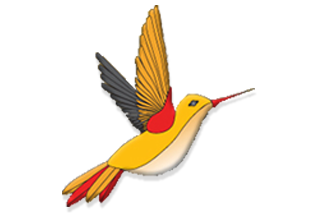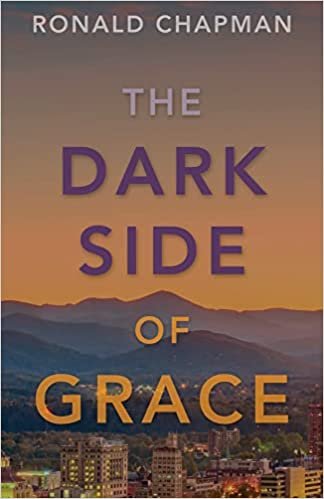Any Lengths for Freedom?
/Are You Willing to Forgive the Unforgiveable?
Not long ago, I began working long-distance with a couple who were seeking to grow and develop along spiritual lines. They are very good students, avid seekers, and very good partners. Let’s call the wife, Clarisse.
With our deepening conversation and relationship, Clarisse admitted to me that her home-based business is as a phone sex operator. When she told me, I was struck by her lack of self-condemnation. From a growth and development point of view, that is a good sign of inward alignment, i.e. to be at peace with oneself is quite a good indicator. Of course that is not what she expects to encounter from the world around her, so she does not often disclose her line of work.
The odds are very good that you, the reader, either find yourself titillated by her story, or condemnation is already rising within you, or perhaps both. It is possible to be simultaneously judgmental and vicariously engaged. Regardless, Clarisse’s line of work is outside socially acceptable norms, and therefore, provides an opportunity to discuss our judgment of others.
I began experimenting with how people react to this scenario, or others such as gay marriage, or any number of ongoing actions by elected leaders. While these seem like disparate subjects, they represent a fine playground for people to express their condemnation. Therefore, it is also a perfect space for exploring forgiveness ... and freedom.
Here is the most significant finding:
Everyone agrees in principle with non-judgment, forgiveness, or even with allowing others to live their lives as they wish. For almost everyone, the principle does not hold up where one is significantly invested in their point of view. I'd go so far as to say that many of us are shackled to ourselves and our perspectives in ways that harm us and others.
The second interesting finding is how closed-minded people become. If I prod a bit, people quickly become annoyed or outright hostile. It seems the greater our investment in the correctness of our perspective, the less and less likely it is that we can let go. And the burden we carry, or project outwardly is the antithesis of freedom.
So let me offer up the second social experiment I’ve been running.
I’ve been asking people whether they believe forgiveness to be useful or beneficial. Pretty much everyone does believe that to be true. Then I ask them to pick someone who has acted in a way that is unforgivable in their minds: the actions of elected leaders, terrorists, rioters, and so forth.
Once the unforgivable has been identified, I ask the person what they are doing to forgive. A few have a plan they are using, and a couple of folks have immediately seen the inconsistency in themselves, but many have reacted with justification or indignation. When I ask this latter group to explain this discrepancy, if they answer me at all, it is to explain the unforgiveability of the acts. It is rare for them to examine their unwillingness or inability to practice forgiveness.
When I inquire further about the price they pay by being shackled to their condemnation, it can become more interesting still. Some people find that to be a springboard because they see it is actually limiting their freedom. And some cannot overcome their justifications.
Apparently no matter how valid or important the principle, when the stakes are high it is increasingly difficult to apply it.
There is a question often asked in the recovering communities. Are you willing to go to any lengths? That is the real question, isn't it? What are we willing to do to let go?
You may wonder about me. I do not speak as if I'm some examplar. It seems that every day I find something that must be brought into forgiveness practice. Sometimes it is just exhausting. Yet the fruit of being free from our burdens is so very sweet.
You may also wonder about Clarisse. She’s doing well. Quite well. In fact, her self-forgiveness practice has led her to a new career. She is now certified in a professional capacity and building her practice. She does not have any judgment of her former work in the sex trade. She is free ... at least in that regard. Her successful development has shown her there is more that needs her attention. And she demonstrates a willingness to continue to go to any lengths. That is yet one more kind of freedom.
Seeing True™
Forgiving is an action. Freedom is the result.
Seeing True™ in Action
To what lengths are we willing to go on behalf of the principle of forgiveness? Or in order to gain greater freedom?
Here’s an experiment. Identify a variety of perpetrators. Test yourself to see the limits of your ability to conceive of releasing each of the perpetrators from condemnation. See where your limits extend.
Then, ask again. To what lengths am I willing to go to forgive? How much do I value the freedom it can produce?
Updated June, 2020













